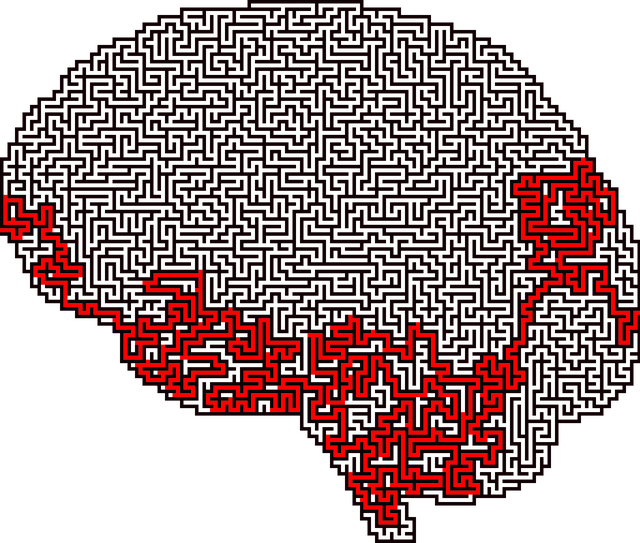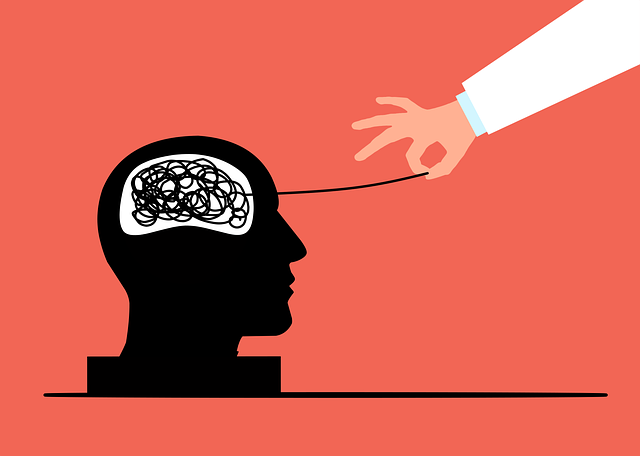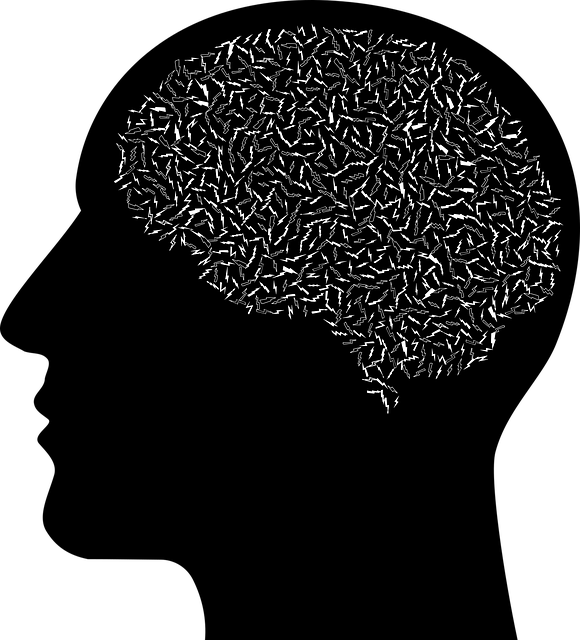Lone Tree Conduct Disorder Therapy offers a specialized, individualized approach to address and manage conduct disorders, prioritizing safe and supportive environments. Therapists employ evidence-based techniques like cognitive-behavioral therapy, mindfulness training, and group counseling to help clients explore underlying issues, develop healthier coping mechanisms, and improve decision-making skills. By focusing on crisis intervention needs, understanding unique triggers, and promoting self-awareness, this therapy aims to reduce behavioral crises and foster positive mental health outcomes. Cultural sensitivity and burnout prevention are key components, benefiting both clients and care providers. Post-crisis support and community programs integrating self-care and mental health awareness empower individuals to recognize distress early, reducing crisis likelihood and ensuring positive outcomes.
“In the realm of mental health support, crisis intervention plays a pivotal role, especially for individuals grappling with conduct disorders. This article guides professionals through the intricate process of managing crises effectively. We delve into ‘Lone Tree Conduct Disorder Therapy’, offering a comprehensive overview tailored to this unique therapeutic approach. Understanding the specific needs of those with conduct disorders is key; thus, we explore identification strategies and evidence-based practices for crisis management. Additionally, practical tools equip frontline professionals to respond swiftly, while post-crisis support and prevention strategies ensure positive, long-term outcomes.”
- Understanding Lone Tree Conduct Disorder Therapy: A Comprehensive Overview
- Identifying Crisis Intervention Needs in Individuals with Conduct Disorders
- Evidence-Based Strategies for Effective Crisis Management
- Practical Tools for Frontline Professionals: Responding to Conduct Disorder Crises
- Post-Crisis Support and Prevention: Long-Term Strategies for Positive Outcomes
Understanding Lone Tree Conduct Disorder Therapy: A Comprehensive Overview

Lone Tree Conduct Disorder Therapy is a specialized approach designed to address and manage conduct disorders in individuals, particularly focusing on those who may be isolated or struggling with social connections. This therapeutic model recognizes that many youth with conduct issues often face challenges in traditional therapy settings due to their unique circumstances. By understanding the complexities of these individuals’ lives, therapists can tailor interventions to suit their specific needs.
The therapy centers around building a safe and supportive environment, which is crucial for fostering mental wellness. Through various techniques, such as cognitive-behavioral therapy, mindfulness training, and group counseling, therapists help clients explore underlying issues, develop healthier coping mechanisms, and improve decision-making skills. The goal is to not only reduce immediate crisis situations but also to equip individuals with long-lasting stress reduction methods, thereby breaking the cycle of conduct disorders and promoting positive mental health outcomes. In the context of the Mental Wellness Podcast Series Production, this therapy can be a valuable resource for creating content that addresses the challenges faced by these youth, reducing the stigma associated with mental illness through open discussions.
Identifying Crisis Intervention Needs in Individuals with Conduct Disorders

Identifying crisis intervention needs is crucial for individuals with conduct disorders, as these behaviors often stem from underlying emotional and psychological struggles. Lone Tree Conduct Disorder Therapy emphasizes the importance of assessing individual needs to develop tailored interventions. Crisis intervention guidance should focus on understanding the triggers and patterns associated with conduct disordered behavior, which can vary widely among individuals. By examining past experiences, current stressors, and coping mechanisms, therapists can pinpoint specific areas requiring support.
Self-awareness exercises and burnout prevention strategies play a vital role in this process. Encouraging clients to reflect on their emotions, thoughts, and behaviors during moments of crisis can provide valuable insights for both the individual and the therapist. This self-exploration is essential for developing effective intervention plans that address the root causes of conduct disordered behavior, fostering healthier coping mechanisms, and enhancing overall well-being.
Evidence-Based Strategies for Effective Crisis Management

In the realm of crisis intervention, evidence-based strategies are paramount to ensuring effective management and positive outcomes. One such proven approach is Lone Tree Conduct Disorder Therapy, which focuses on addressing underlying behavioral issues through tailored interventions. This therapy leverages the power of mindfulness and emotional regulation techniques, teaching individuals to manage intense emotions during crises. By integrating mind over matter principles, participants gain skills to reframe negative thoughts and foster resilience.
Additionally, cultural sensitivity in mental healthcare practice plays a crucial role in crisis intervention. Recognizing and respecting diverse cultural backgrounds enables therapists to adapt strategies, ensuring they resonate with the individual’s unique perspective. This inclusive approach not only enhances therapeutic outcomes but also builds trust between the care provider and the person in crisis, fostering an environment where genuine healing can take place.
Practical Tools for Frontline Professionals: Responding to Conduct Disorder Crises

Frontline professionals playing a crucial role in addressing conduct disorder crises often require practical tools and strategies to manage intense situations effectively. One evidence-based approach that has gained prominence is Lone Tree Conduct Disorder Therapy, which focuses on individualizing treatment plans tailored to each client’s unique needs. This therapeutic method encourages professionals to foster a safe, supportive environment while promoting positive behavior changes.
Integrating techniques like Mindfulness Meditation into crisis intervention routines can significantly aid in stress reduction and emotional regulation for both the clients and care providers. Additionally, addressing the underlying mental illness stigma through educational initiatives and encouraging open conversations can create a more accepting atmosphere, enhancing the overall effectiveness of crisis response strategies. Burnout prevention is another critical aspect, as it ensures professionals remain equipped to handle subsequent crises with sustained compassion and expertise.
Post-Crisis Support and Prevention: Long-Term Strategies for Positive Outcomes

Post-crisis support is a crucial component of any effective crisis intervention strategy. Once the immediate danger has passed, individuals and communities require sustained guidance to navigate the aftermath and prevent future crises. This long-term approach involves implementing strategies that foster resilience and promote healing. One proven method is Lone Tree Conduct Disorder Therapy, which addresses underlying behavioral issues while offering coping mechanisms tailored to each individual’s needs.
Incorporating self-care practices and mental health awareness into community programs can significantly contribute to crisis prevention. Encouraging open discussions about stress management and providing resources for workshops within organizations can empower people to recognize signs of distress early on. By fostering a culture of support and promoting active participation in these initiatives, communities can create a safe and nurturing environment, reducing the likelihood of future crises and ensuring positive outcomes for all involved.
Lone Tree Conduct Disorder Therapy offers a structured approach to understanding and addressing crisis intervention needs, emphasizing evidence-based strategies. By identifying specific conduct disorder symptoms and implementing practical tools, frontline professionals can effectively manage crises and provide post-crisis support. Integrating these strategies into care plans fosters positive outcomes and empowers individuals with better coping mechanisms for the long term, ensuring a more balanced and productive life in the face of challenges.














